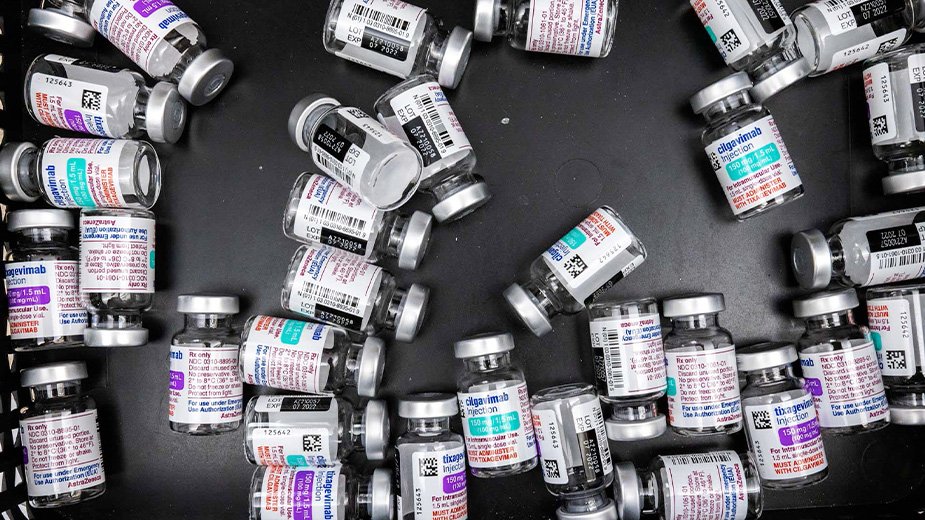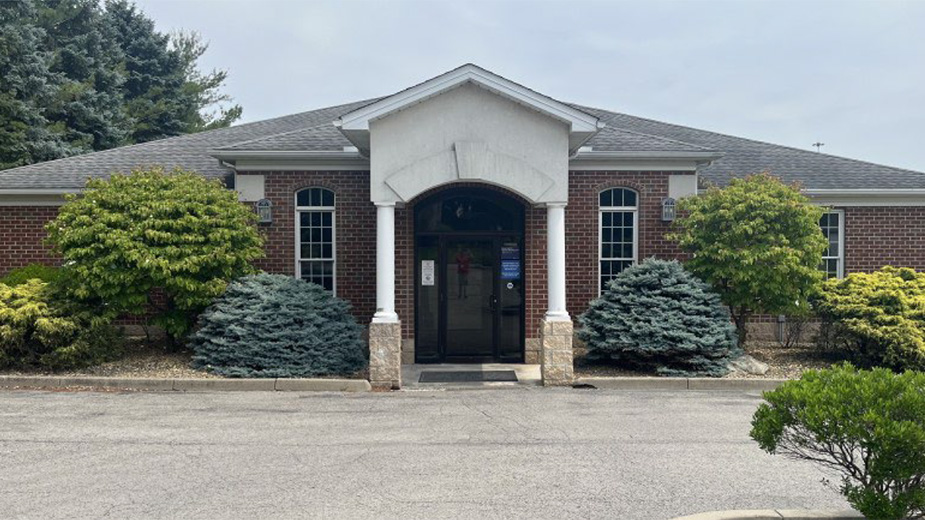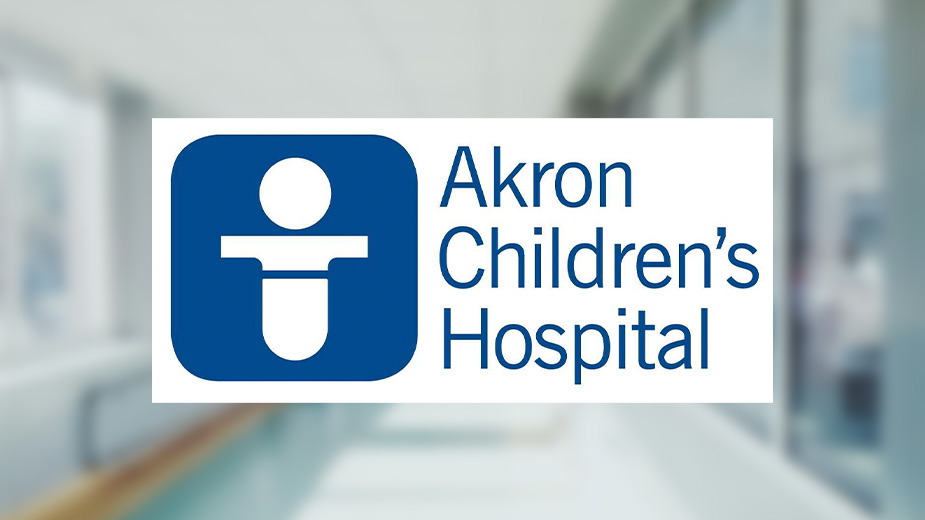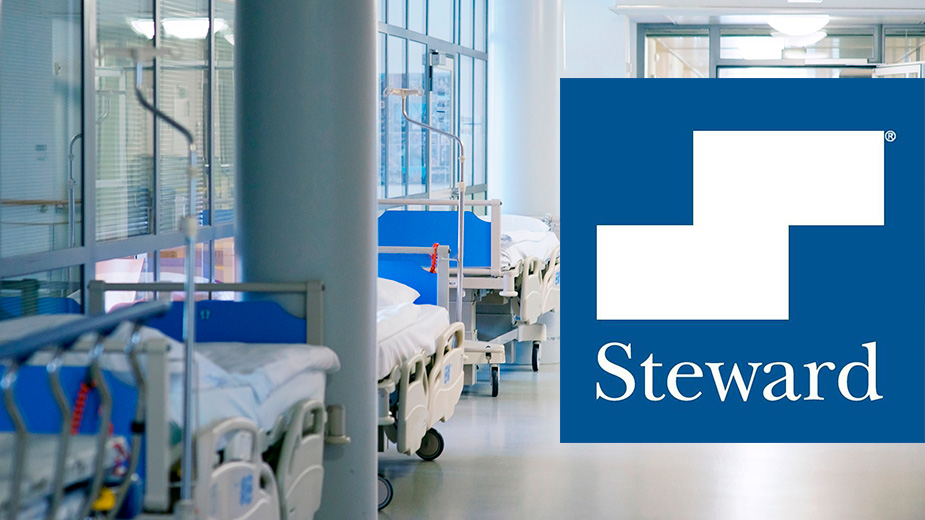Study: UPMC Program Equitably Allocated Scarce Medication
PITTSBURGH – When lifesaving medication is scarce, a University of Pittsburgh Medical Center program helps to ensure fairness in medication distribution to those living in the most disadvantaged U.S. neighborhoods, according to a new study.
Published in the JAMA Health Forum, the study used the national Area of Deprivation Index, which ranks neighborhoods on a scale of 1 (least disadvantaged) to 100 (most disadvantaged). Those rankings are based on factors including education, employment, housing quality and poverty. Those living at an address in a neighborhood with a ranking of 80 or higher were entered into the lottery for a scarce COVID-19 preventative medication twice.
Just before Christmas 2021, UPMC was faced with the best way to distribute the first allocation of 450 doses of Evusheld, a medication to prevent COVID-19 for immunocompromised patients. With 200,000 eligible UPMC patients, a team led by Erin McCreary, Pharm.D., clinical professor in the Pitt School of Medicine’s Division of Infectious Diseases, developed the system to determine who received the drug.
First the list was narrowed to 10,834 of UPMC’s most immunocompromised patients. Then the weighted lottery system was created with the belief those in economically disadvantaged neighborhoods and racial minorities were more likely to suffer worse outcomes if they contracted COVID-19.
“Equitable allocation of a resource is not the same as equitable receipt of that resource,” said McCreary. “I’m incredibly proud to share how UPMC – with a lot of hard work and dedicated people – was able to equitably allocate a scarce medication in a very short amount of time and achieve equity in its receipt amongst our most disadvantaged patients, but it is clear that we have more work to do in terms of receipt by race.”
People from disadvantaged neighborhoods received the drug at a rate of 27.5%, nearly the same as those from more advantaged neighborhoods who received it at 27.9%. However, Black individuals received it at a far lower rate of 7.3%. That amounted to three of the 41 Black patients offered the drug, compared with 29.3% of their white counterparts. Other racial groups were not a large enough sample size to analyze.
Of the 450 people initially contacted to receive the infusion, only 131 participated. It is believed some decline was due to patient hesitation of the new preventative drug. Others did not answer or return repeated phone calls to the number in their patient records.
Without the weighted system, only 16.7% of patients allocated Evusheld would have been from a disadvantaged neighborhood, compared with 29.1% allocated the drug in the weighted lottery system.
Eventually, the drug was available to any qualifying patient who wanted it, and it was discontinued in January 2023 as efficacy waned because of virus mutation.
Those involved in the study maintain that while they were successful in improving equity in allocation, more work needs to be done to build trust and improve the ability to contact Black patients to ensure they receive scarce medications and other medical resources.
Pictured at top: Vials of Evusheld. (UPMC)
Published by The Business Journal, Youngstown, Ohio.



